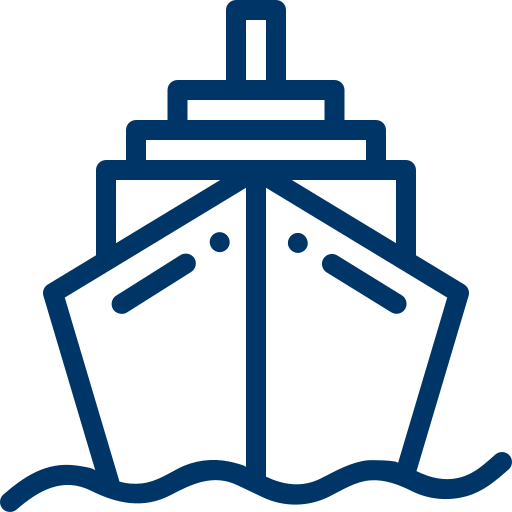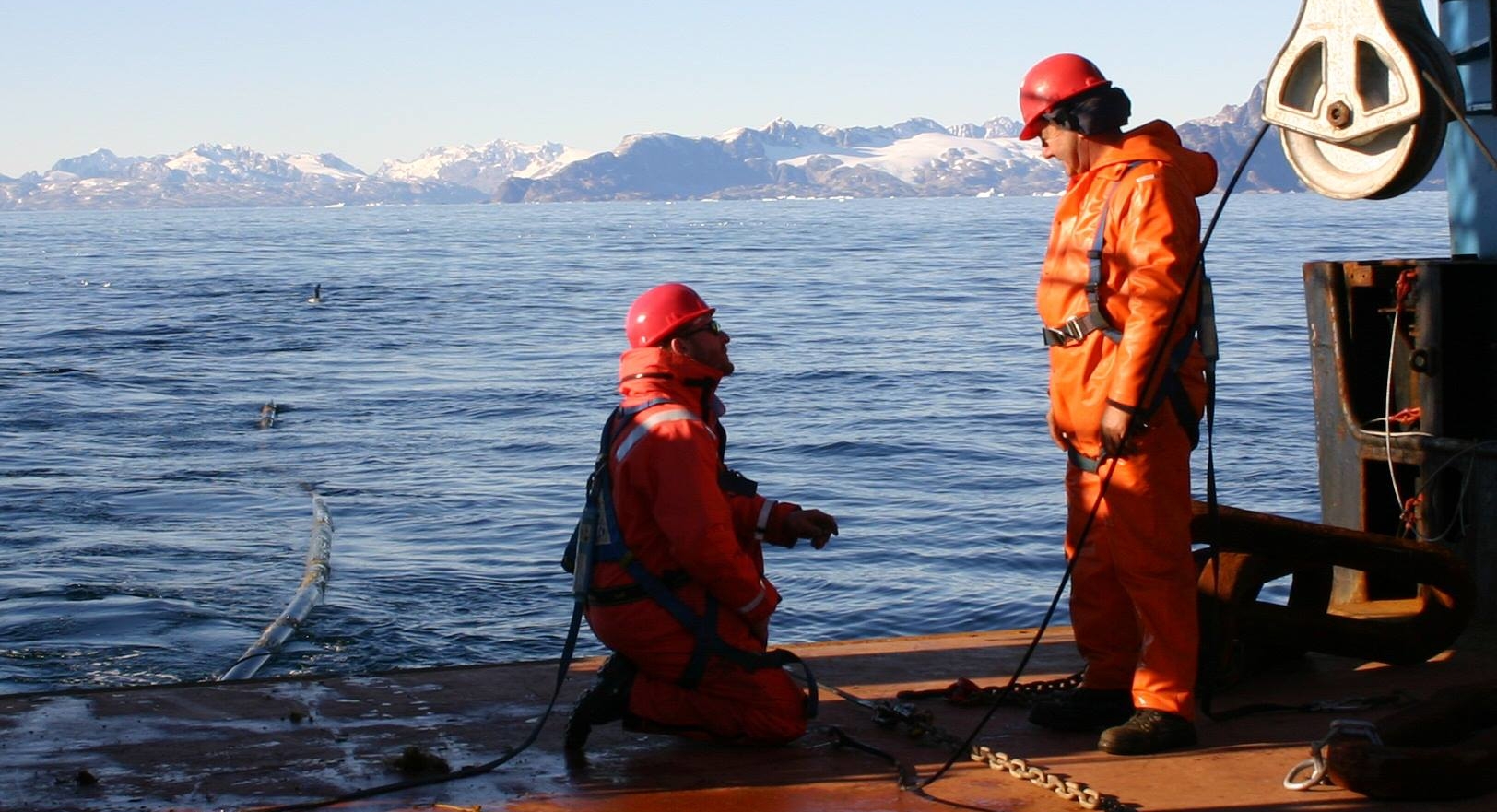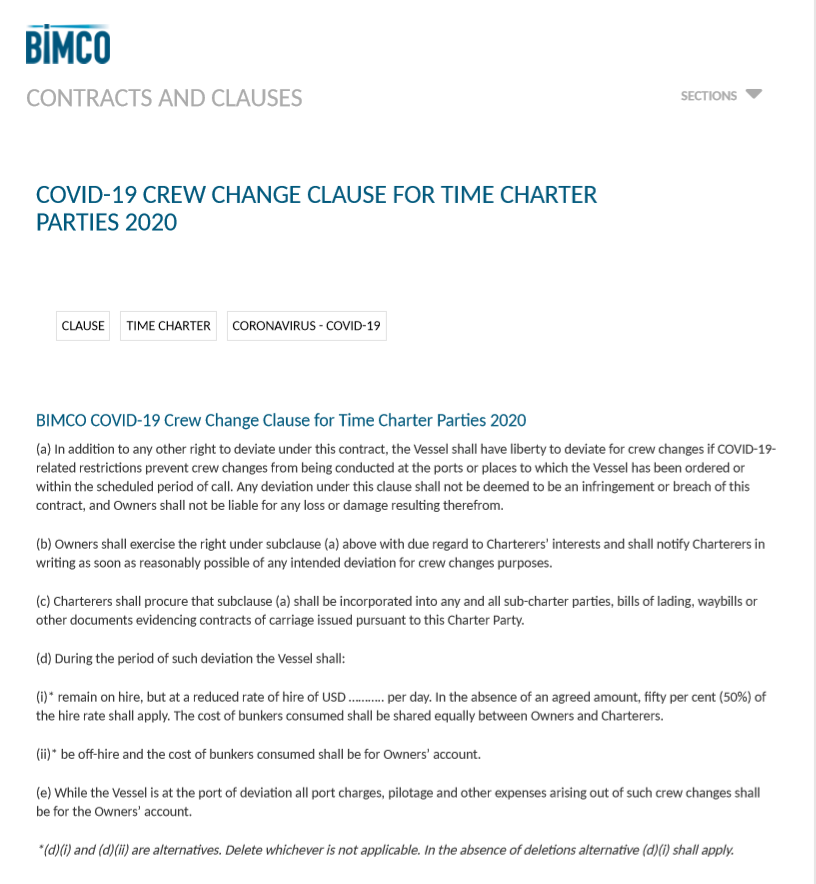BIMCO Proposes New T/C Clause to Prevent Crew Change Chaos
By Ben Merrell and Gurjeet Warya
While the COVID-19 pandemic has forced governments to enforce lockdowns worldwide the shipping industry — which transports more than 80 per cent of traded goods, has continued to supply countries with vital necessities like food and medical supplies. Consequently, since the imposition of lockdown orders, seafarers have continued working in order to maintain the supply chain for goods critical to COVID – 19 response and recovery.
However, the industry has still experienced its share of disruption. Since the start of the pandemic the International Labour Organization (ILO) which helps establish labour standards within the shipping industry, has received numerous reports that seafarers in need of medical attention have denied permission to disembark. Some seafarers ashore are stuck in limbo, deprived of their source of income, because travel restrictions have prevented them from meeting their ships while others are stuck at sea unable to be repatriated home.






